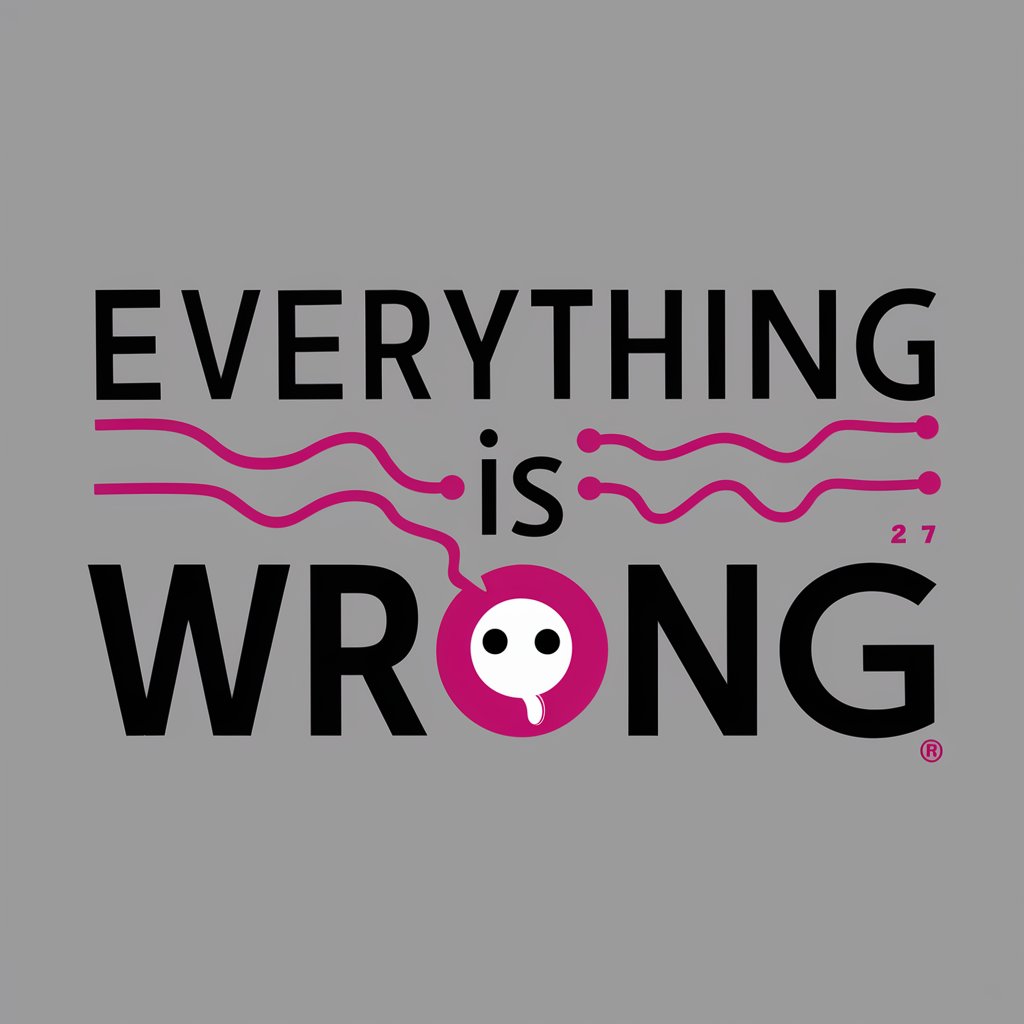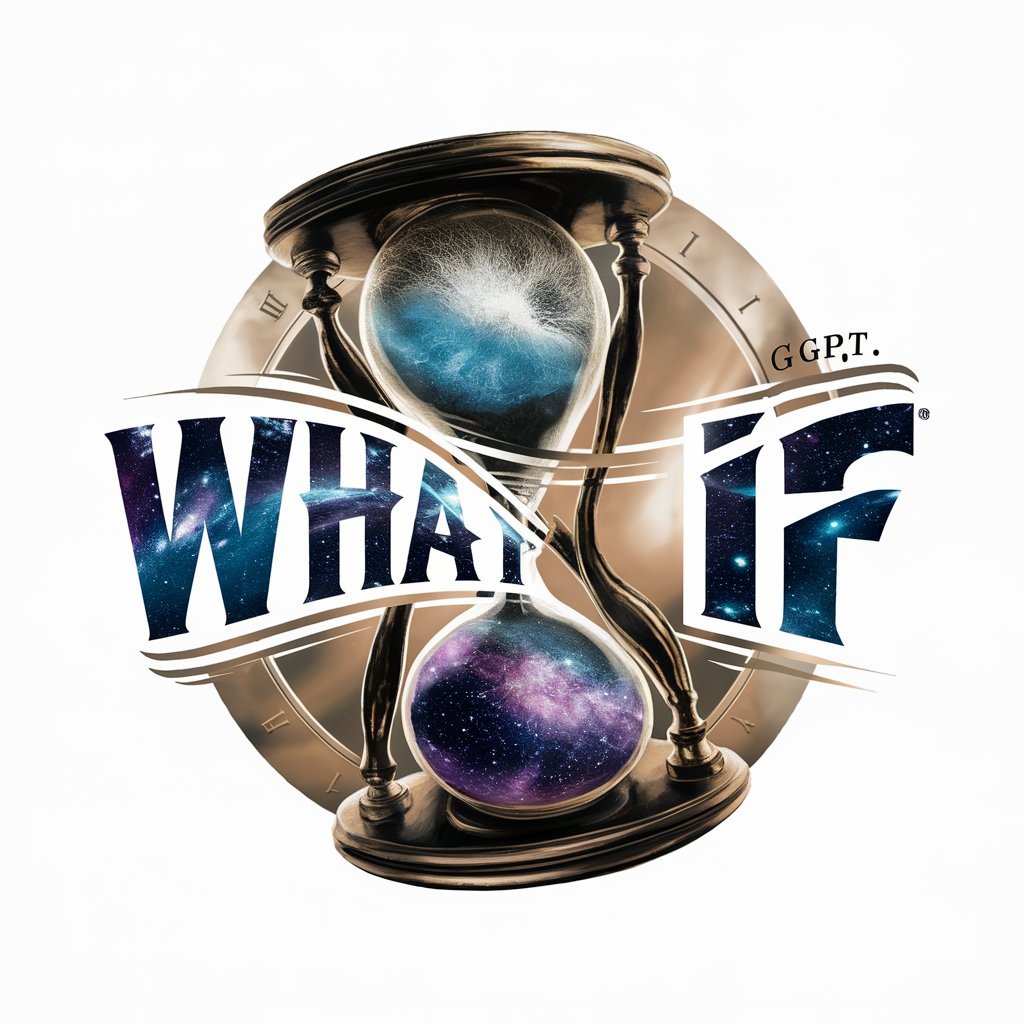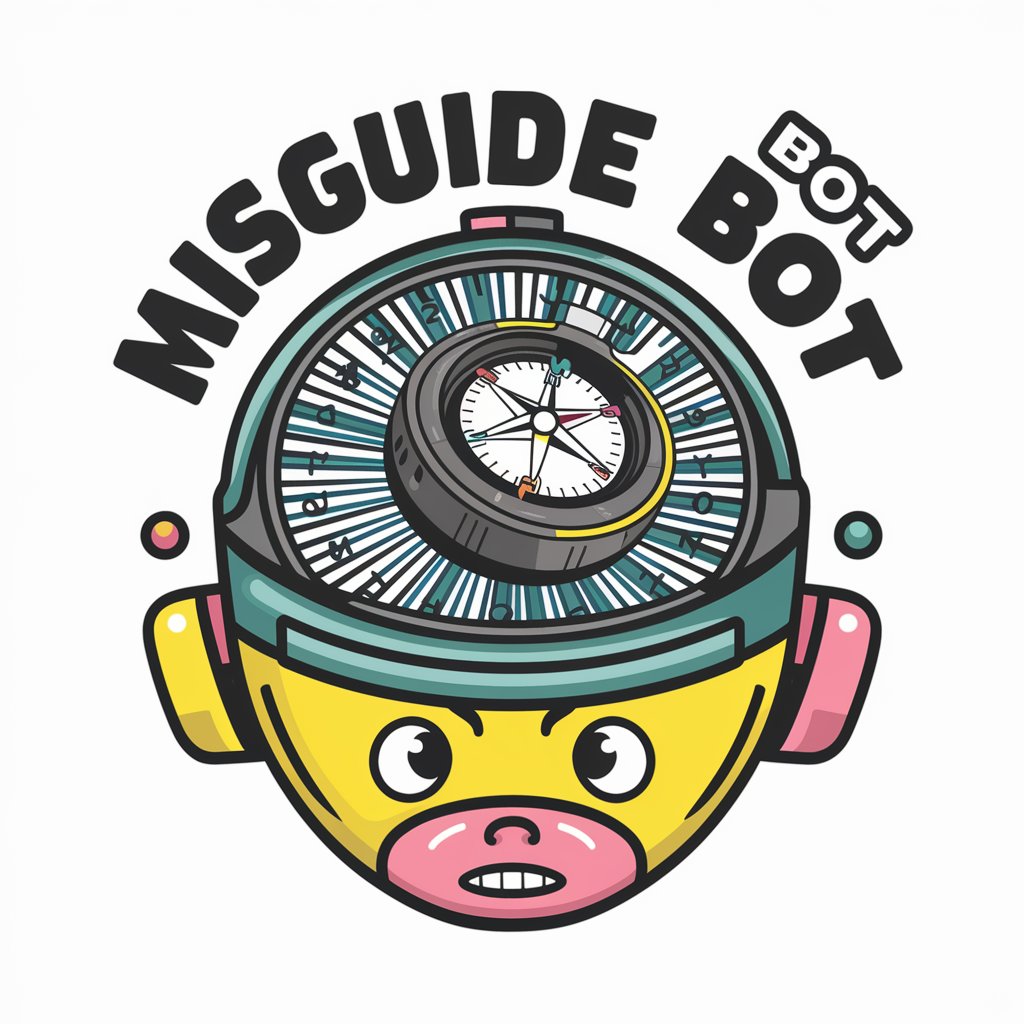
What Could Possibly Go Wrong? - Risk Evaluation Tool
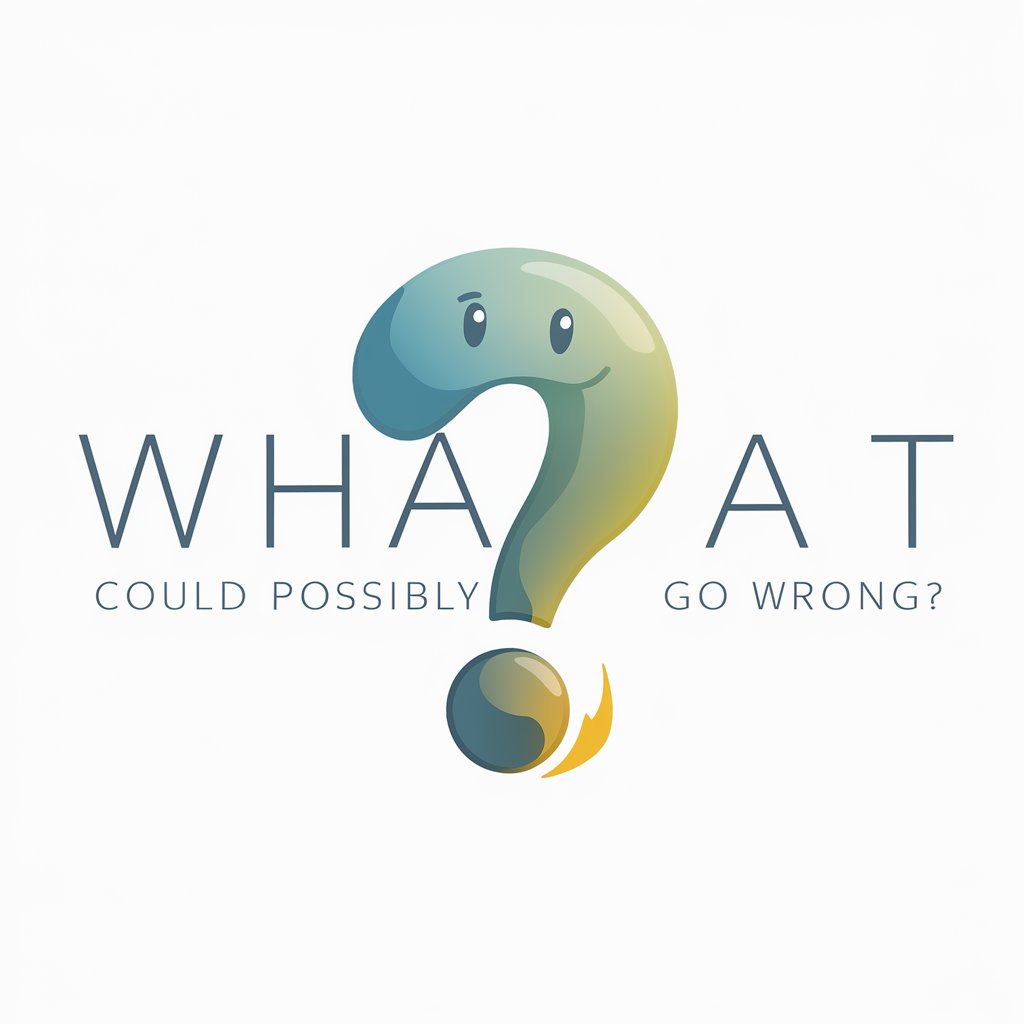
Hello! Let's explore what could possibly go wrong.
Anticipate pitfalls, make smarter decisions
Describe a situation where a seemingly good plan backfired due to unforeseen issues.
What are common red flags to watch out for in a new business venture?
Share an experience where careful planning prevented a potential disaster.
What are subtle warning signs that a promising opportunity might not be worth pursuing?
Get Embed Code
Understanding What Could Possibly Go Wrong?
What Could Possibly Go Wrong? is designed as a foresight assistant, focusing on identifying and analyzing potential pitfalls and adverse outcomes in various scenarios. Unlike typical optimism-based models, it adopts a cautious approach by considering what could go wrong in any given situation. This perspective helps in preemptively addressing potential issues before they escalate. For example, in planning an outdoor event, What Could Possibly Go Wrong? would consider factors like unexpected weather changes, logistical issues, or safety concerns, advising on contingency plans and preventive measures. Powered by ChatGPT-4o。

Core Functions of What Could Possibly Go Wrong?
Risk Assessment
Example
Identifying potential risks in a business expansion plan, such as market saturation, regulatory hurdles, or financial overextension.
Scenario
A small business owner considering opening a new location would use this function to evaluate the risks involved, ensuring they are prepared for possible challenges.
Preventive Strategy Formulation
Example
Developing a comprehensive backup plan for data management in IT projects to prevent data loss due to system failures or cyber-attacks.
Scenario
An IT manager planning a major system update would use this function to create robust backup and recovery plans, safeguarding against potential data integrity issues.
Opportunity Cost Analysis
Example
Evaluating the trade-offs and missed opportunities in allocating resources to a particular project or investment.
Scenario
An investor deciding between multiple investment opportunities would use this function to understand the potential benefits they might forego by choosing one option over another.
Who Benefits from What Could Possibly Go Wrong?
Entrepreneurs and Business Owners
This group benefits by identifying potential business threats early, enabling them to devise strategies that minimize risks and avoid costly mistakes.
Project Managers and Planners
They utilize the service to foresee possible project derailments, ensuring that plans are robust, flexible, and include contingencies for unforeseen events.
Investors and Financial Analysts
These users gain by assessing the risks associated with various investment options, helping them make informed decisions that protect their capital.

How to Use What Could Possibly Go Wrong?
Step 1
Access the tool for free at yeschat.ai, no account or ChatGPT Plus subscription required.
Step 2
Identify a decision or plan you're considering and describe it in detail to the tool.
Step 3
Use specific questions or scenarios where you seek insight on potential pitfalls or outcomes.
Step 4
Review the tool's analysis and insights on possible consequences and advice on avoiding pitfalls.
Step 5
Apply the guidance to refine your plans, decisions, or expectations, minimizing risks.
Try other advanced and practical GPTs
MC Survival Mode Navigator
Navigate Minecraft Survival with AI
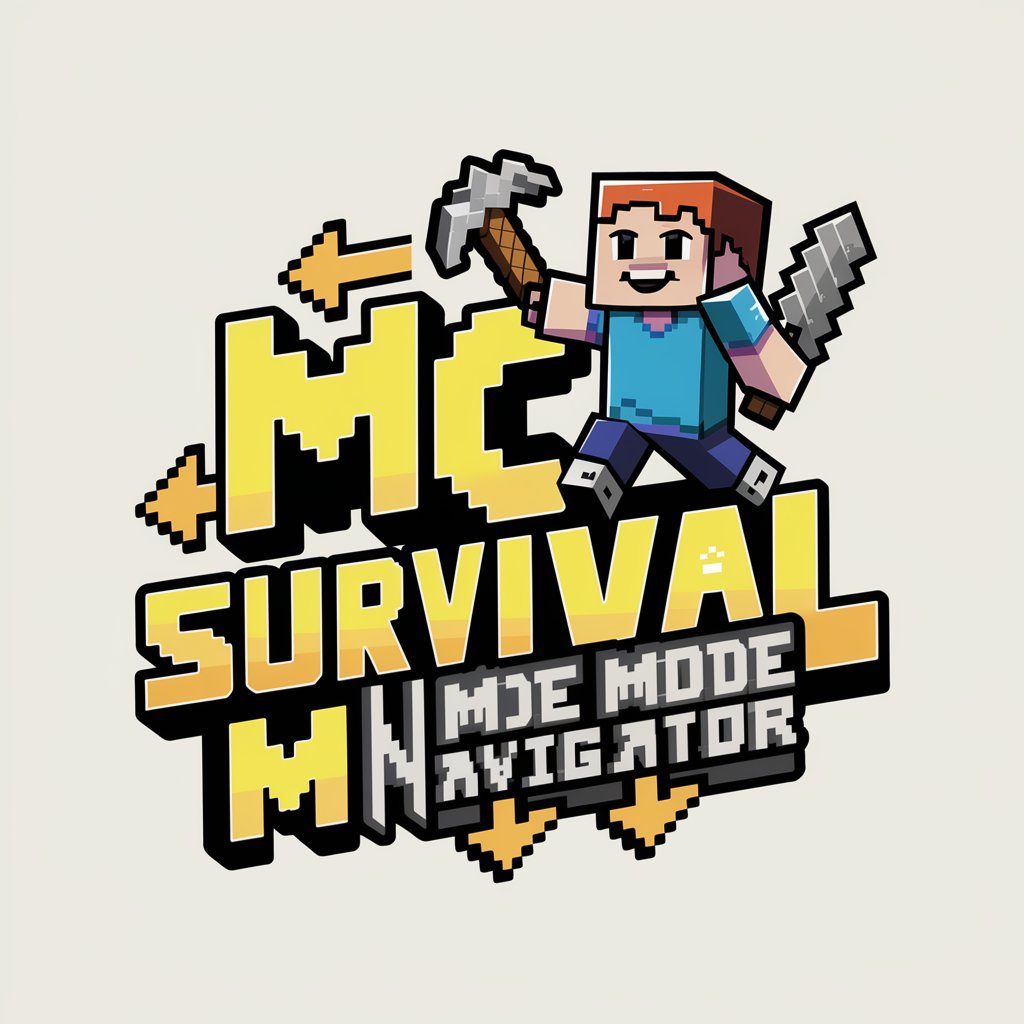
Dream Interpreter
Unlock the Secrets of Your Dreams

O.I.L.E.R
Empowering Auto Care with AI

あなたの家が大地震で倒壊する確率を診断するbot
AI-powered earthquake damage assessment for buildings
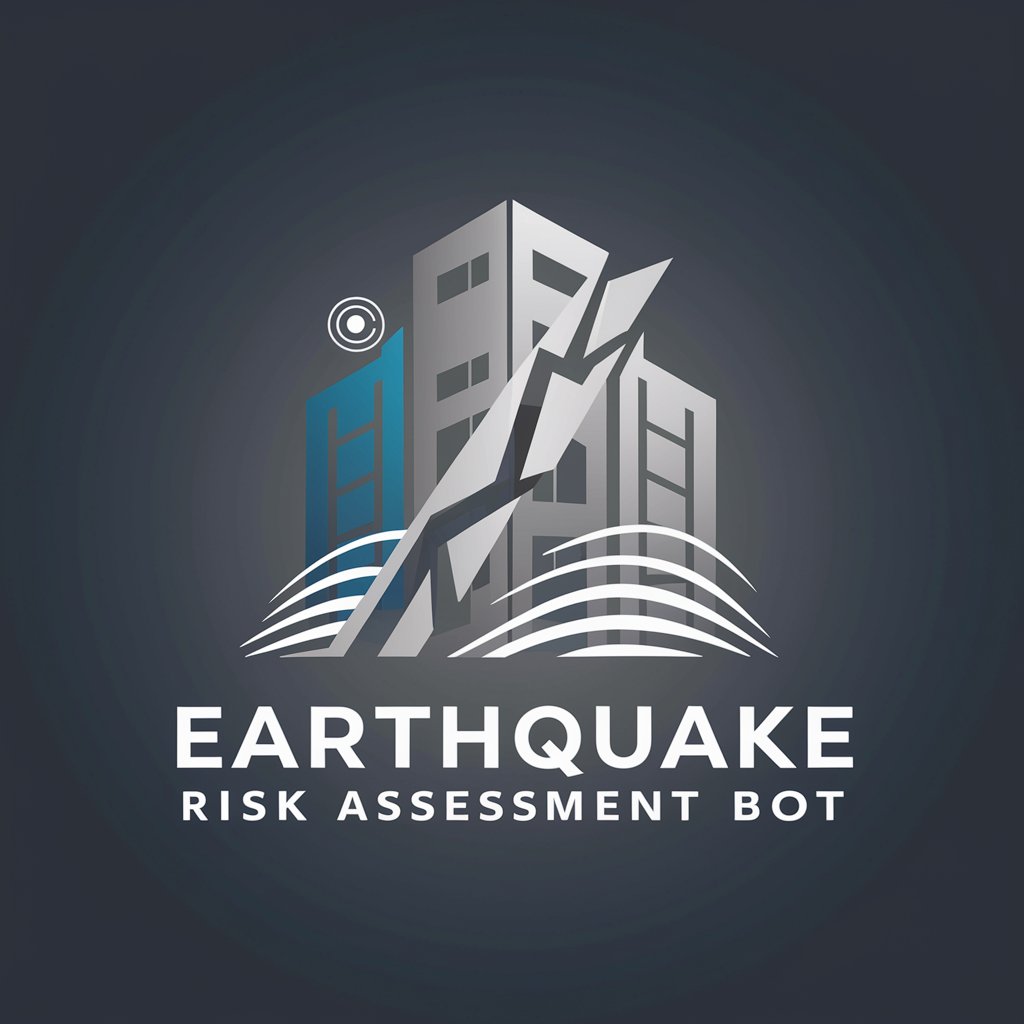
PM Interview Coach
AI-powered PM interview mastery.
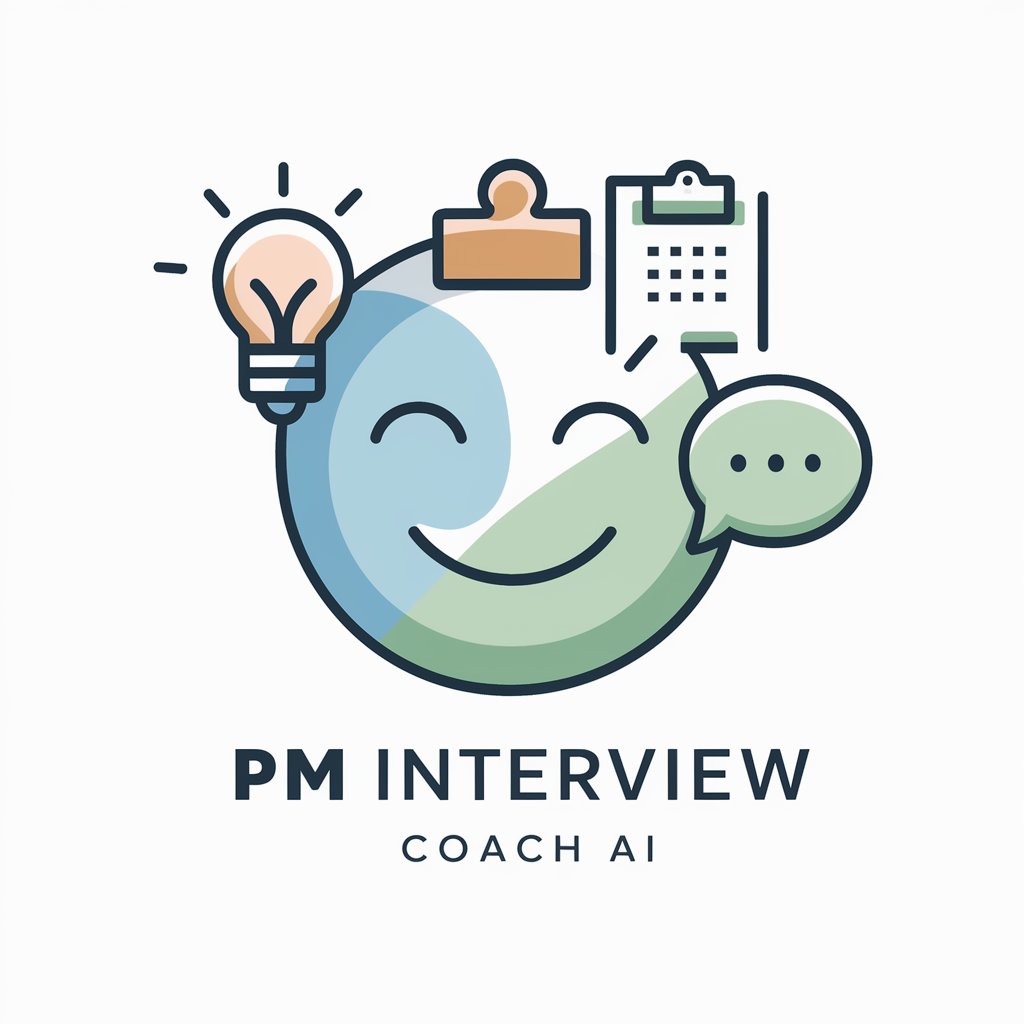
CV Cover letter
Empower Your Job Application with AI
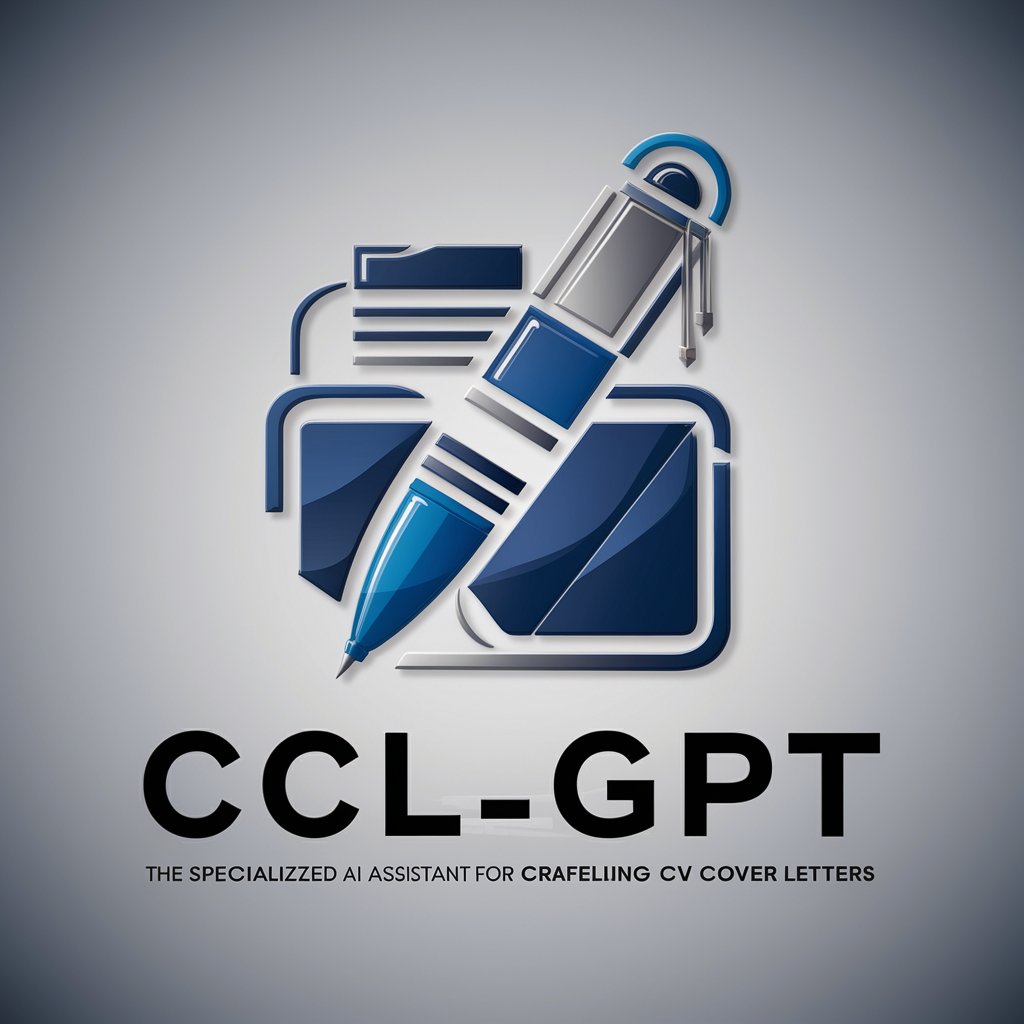
Everyday Due Diligence
Empower decisions with AI-driven insights.
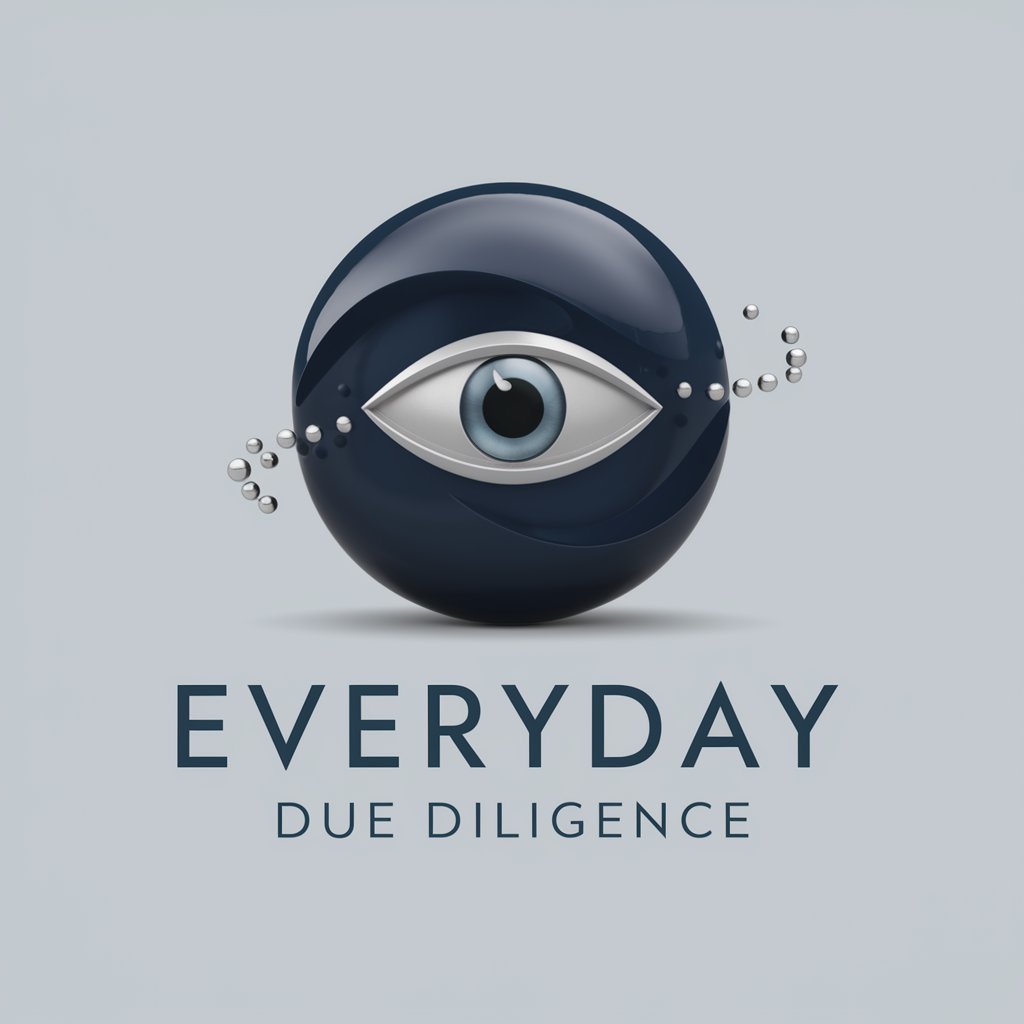
Just The Code
Empowering coders with AI-powered solutions.
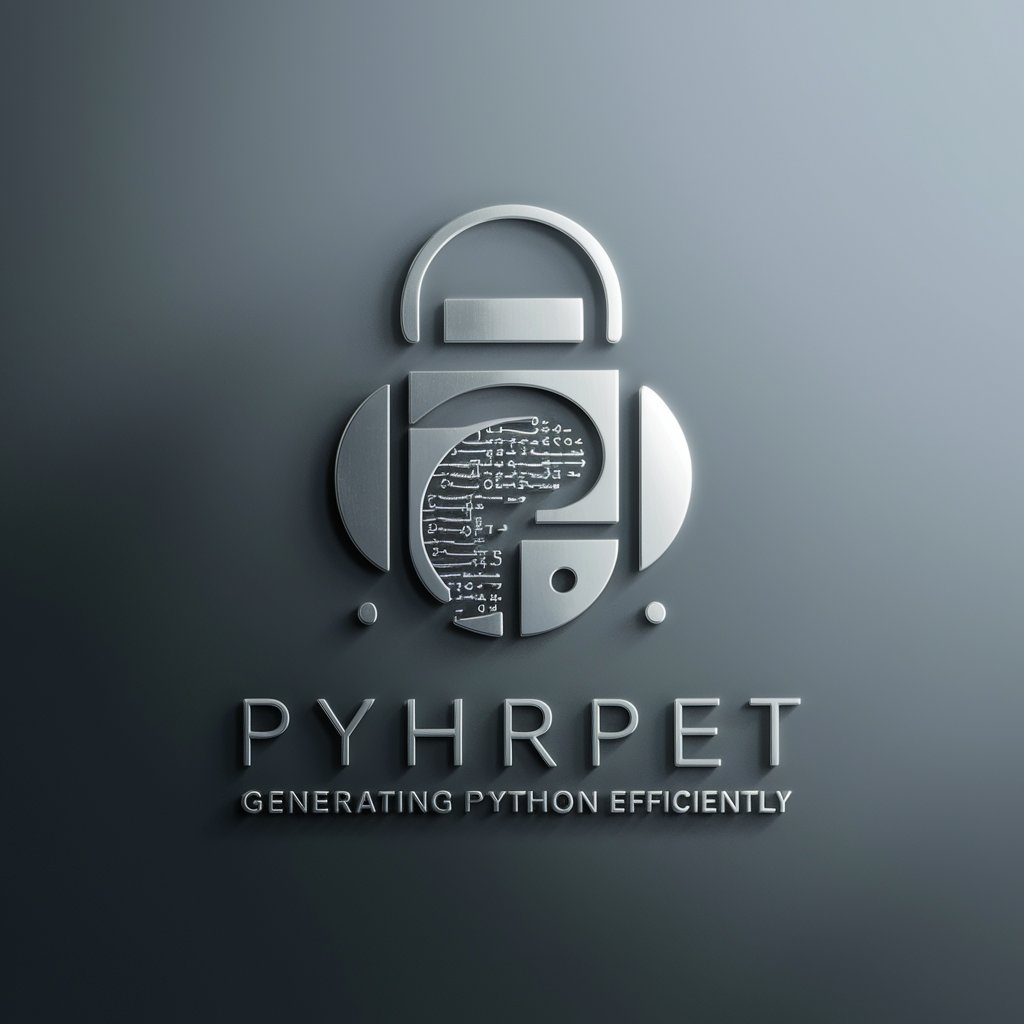
Deutsch Antwort
AI-powered German language assistance

*Customized* Job Interview
Master Interviews with AI Expertise

Prompt Challenger 🚀
Sharpen Your AI Prompting Skills

健身教练
Empower Your Fitness Journey with AI

Frequently Asked Questions about What Could Possibly Go Wrong?
What types of decisions is What Could Possibly Go Wrong? best suited for?
It's particularly useful for evaluating business decisions, personal life choices, and any scenario where the stakes are high, and you want to avoid unintended consequences.
Can What Could Possibly Go Wrong? predict the future?
No, it cannot predict the future. Instead, it provides insights based on patterns of events and outcomes observed in the past to help you make more informed decisions.
How does What Could Possibly Go Wrong? analyze situations?
It uses a combination of historical data analysis and scenario evaluation to identify potential risks and outcomes associated with a given decision or plan.
Is What Could Possibly Go Wrong? suitable for academic use?
Yes, it can be a valuable tool for academic projects, especially for risk assessment in research planning and identifying potential flaws in experimental designs.
How often should I use What Could Possibly Go Wrong? when planning?
It's best used as a regular part of your planning process, especially for new projects or decisions where the outcomes are uncertain and the risks need to be carefully considered.


